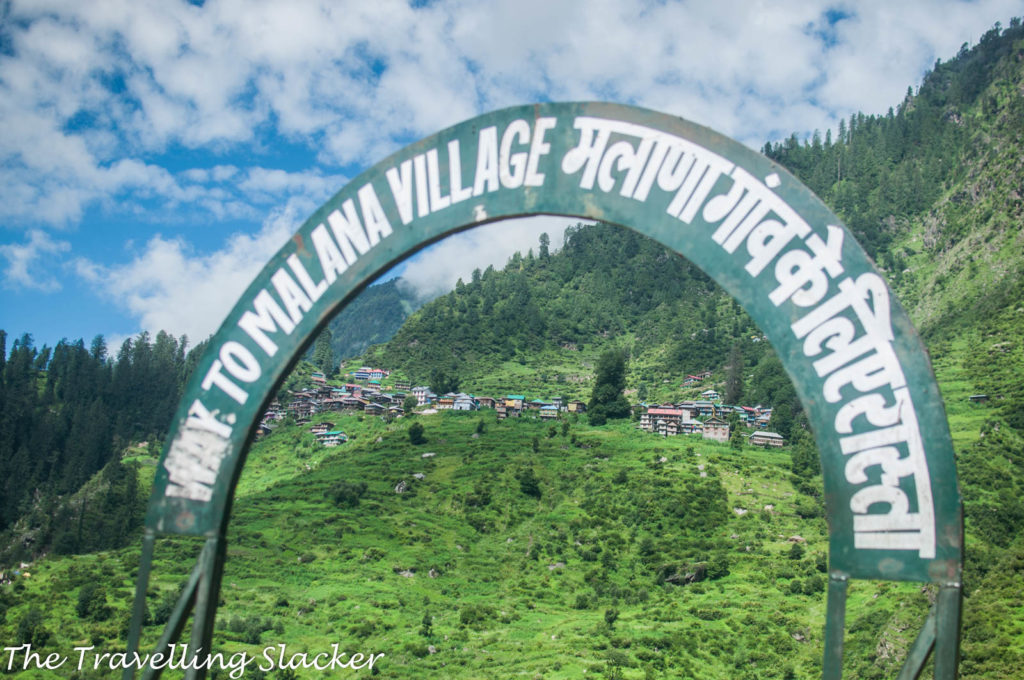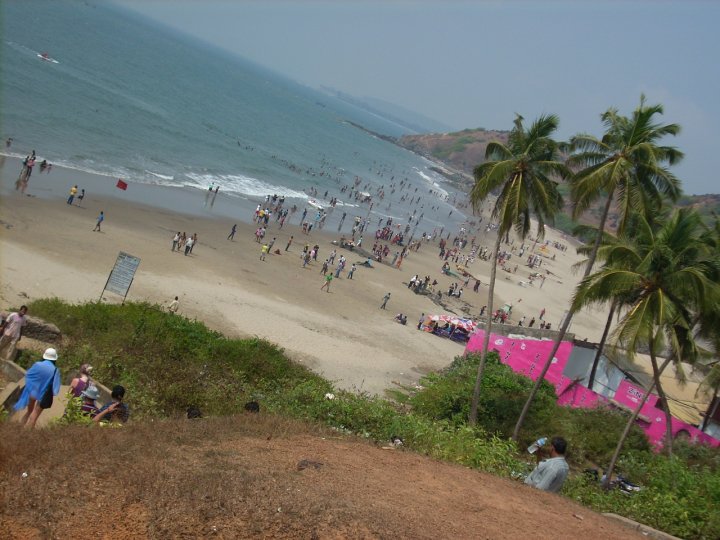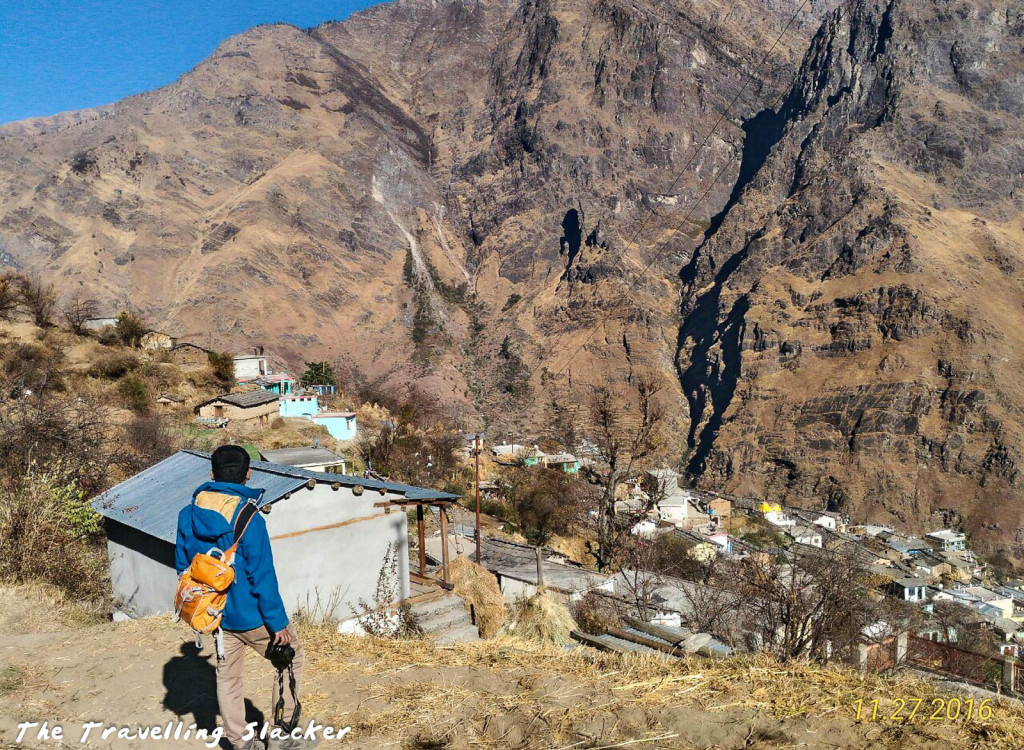Mumbai’s financial district buzzes with a new kind of conversation these days. Between boardroom discussions and coffee meetings at the Bombay Stock Exchange, there’s talk about something that goes beyond IPOs and market caps.
Second passports!
The city’s ultra-wealthy are quietly investing massive amounts—often exceeding ₹2 crore—to secure citizenship in other countries. This isn’t about luxury or status symbols. It’s about something far more fundamental: freedom and security in an increasingly uncertain world.
Let’s dig into why Mumbai’s elite are making this strategic move and what it means for the future of wealth management in India.
The Numbers Tell a Story
Here’s what’s happening globally: over 71,300 ultra-high-net-worth individuals already hold a second citizenship, with another 57,400 actively considering it. In India, particularly Mumbai, this trend has accelerated dramatically since 2022.
Mumbai hosts India’s highest concentration of individuals with net worth exceeding $30 million. These aren’t people making impulsive decisions. They’re strategic thinkers who’ve built empires and understand risk management better than most.
The investment amounts speak volumes. While some Caribbean programs start at $100,000, Mumbai’s wealthy typically opt for premium options requiring ₹2 crore or more. Malta’s citizenship program, Portugal’s Golden Visa, and St. Kitts & Nevis dominate their preferences.
Why? Because they’re not just buying documents. They’re purchasing optionality.
Business Without Borders
Picture this scenario: A Mumbai pharmaceutical executive needs to visit manufacturing partners in Germany, attend a conference in Singapore, and close a deal in London—all within a month.
With an Indian passport, that’s three visa applications, weeks of uncertainty, and potential delays that could cost millions. With a second passport by investment, particularly from Malta or Grenada, it’s three direct flights.
The post-pandemic world has made visa restrictions even more complex. Indian passports provide visa-free access to roughly 60 countries. Meanwhile, programs like Malta offer access to over 180 destinations, including seamless travel throughout the EU, UK access, and ESTA eligibility for the United States.
For Mumbai’s business elite expanding into global markets, this mobility translates directly to competitive advantage. When your competitors are waiting for visa approvals, you’re already closing deals.
The Education Premium
Mumbai’s wealthy families obsess over education—and rightfully so. But securing admission to top global universities has become increasingly competitive for Indian students.
Caribbean or EU citizenship changes this equation entirely. Children with these passports aren’t competing in the “international student” category anymore. They’re domestic applicants at European universities or have significantly better odds at American institutions.
Take the case of a Mumbai tech entrepreneur who invested in Malta’s citizenship program. His children now attend school in London as EU nationals, with university fees comparable to domestic students rather than international rates. The education savings alone often justify the initial investment within a decade.
Tax Strategy and Wealth Preservation
India’s tax system is residency-based, not citizenship-based. This creates interesting possibilities for those holding multiple passports.
While acquiring second citizenship doesn’t immediately change tax obligations, it provides strategic flexibility for future planning. Wealthy individuals can structure their global presence more effectively, potentially relocating tax residency when circumstances warrant.
Caribbean nations often offer favorable tax regimes for residents, while EU citizenship provides access to various jurisdictions with different tax treatments. The key is having options when regulations or personal circumstances change.
That said, navigating India’s FEMA regulations and RBI guidelines requires expert guidance. The Liberalized Remittance Scheme allows individuals to remit up to $250,000 annually for investment migration purposes, though families often pool quotas to meet program requirements.
Program Preferences Among Mumbai Elite
Different programs appeal to different priorities:
Malta remains the gold standard for those prioritizing EU access. At €750,000+, it’s expensive but offers unparalleled mobility and business opportunities across Europe.
Portugal’s Golden Visa attracts families seeking a pathway to EU residency with flexible stay requirements. The recent changes to the program have made real estate investments more complex, but opportunities remain.
St. Kitts & Nevis appeals to those wanting established programs with no residency requirements. At $250,000+, it offers solid value for pure mobility benefits.
Grenada has gained popularity due to its E-2 treaty with the United States, enabling easier business visa access to America.
Antigua citizenship by investing in real estate offers another Caribbean option with strong due diligence processes and family-friendly policies.
Beyond Money: Quality of Life
Mumbai’s pollution levels and urban density drive many wealthy families to seek alternatives, particularly for their children’s health and development.
Second citizenship provides the legal right to relocate when needed. Whether it’s accessing superior healthcare in Europe, enjoying cleaner environments, or simply having refuge during uncertain times, these programs offer **lifestyle insurance**.
The pandemic highlighted this benefit dramatically. While borders closed and travel became restricted, those with multiple citizenships had more options for movement and residence.
The Process: More Complex Than Expected
Securing second citizenship isn’t as simple as writing a check. The process involves extensive due diligence, documentation, and compliance requirements.
Most programs require detailed financial records, police clearances from multiple jurisdictions, medical examinations, and proof of investment funds’ legitimate sources. Processing times range from 2-4 months for some Caribbean programs to 12-18 months for European options.
Professional guidance becomes essential, particularly for navigating India’s outbound investment regulations and ensuring compliance with both source and destination country requirements.
Industry Evolution and Future Trends
The investment migration industry continues evolving rapidly. Programs regularly update requirements, pricing, and benefits based on geopolitical developments and domestic policy changes.
Recent trends include increased due diligence standards, higher investment thresholds, and more sophisticated fraud prevention measures. Some programs have limited intake or implemented quotas, creating urgency among applicants.
Technology integration is streamlining applications, with digital verification and AI-assisted processing becoming standard. This reduces timeline uncertainties that previously deterred some applicants.
The Decision Framework
Mumbai’s wealthy approach second citizenship as they would any major investment: with thorough analysis and professional advice.
Key considerations include desired travel destinations, business expansion plans, family education needs, tax implications, and long-term lifestyle goals. The decision often reflects decade-long strategic thinking rather than immediate needs.
Most families work with specialized advisors who understand both Indian regulations and destination country requirements. This expertise becomes crucial for navigating complex application processes and ensuring optimal program selection.
Looking Ahead
For Mumbai’s ultra-rich, second citizenship represents more than just travel convenience or tax planning. It’s about creating options in an uncertain world.
As global mobility becomes increasingly valuable and geopolitical uncertainties continue, expect this trend to accelerate. The next generation of Indian wealth is thinking globally from the start, and second citizenship is becoming a standard component of sophisticated wealth planning.
The question isn’t whether this trend will continue—it’s whether those considering it will act while current opportunities remain available.







